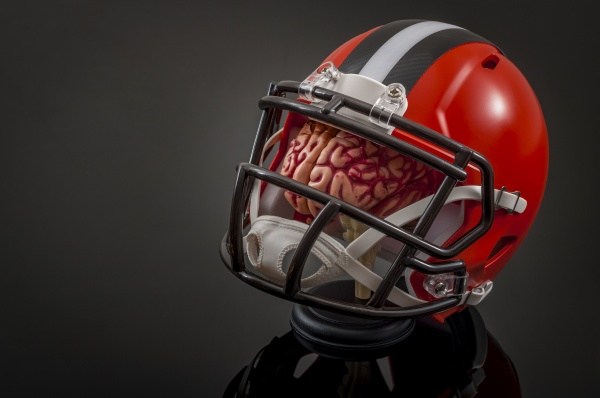
If you are in an accident that affects your head and need treatment for vertigo, concussion, headache, vomiting, confusion or blurry vision, we can help. There are many types of head injuries that come with differing symptoms. Any injury that affects the head requires immediate medical attention to determine the extent of the damage and what treatment will be most effective. Head injuries can affect your entire well-being.
Types of head injury
Laceration
A laceration is a deep cut. It can occur on the head or brain. If the brain has a laceration, it is typically a result of a perforating head injury or skull fracture. If only the skin of the head is lacerated, it may bleed profusely due to the presence of superficial blood vessels, but it usually does not cause any longterm damage.
Symptoms of a brain laceration are a sudden and severe headache, nausea and vomiting, lethargy or fatigue, seizures, or weakness in areas of the body. Loss of consciousness is also possible.
Hematoma
A hematoma involves bleeding outside of the blood vessels. This build-up of blood could be a surface injury (resembling a bruise) or it could occur in the brain, causing loss of consciousness or even brain damage. Symptoms of a hematoma include a headache, confusion, slurred speech or dizziness.
Hemorrhage
Hemorrhaging is bleeding that is profuse or out of control. Hemorrhaging can occur within the brain tissues or in the space around the brain after an injury. Any type of hemorrhaging has the potential to be detrimental. Symptoms of a brain hemorrhage are numbness, weakness in part of the face, confusion, headache, difficulty speaking, difficulty walking and possibly vomiting.
Edema
Edema is another word for swelling or fluid retention. Swelling of the brain tissues leads to pressure against the skull and potential injury.
Concussion
A concussion is a typically mild brain injury caused by impact. Concussions occur when something hits the head or body hard enough to cause a violent shake of the head and brain. Most concussions resolve fairly quickly, but in some cases, they may lead to serious medical problems.
Common concussion symptoms include a headache, confusion, irritability, unequal pupil size, loss of memory, lack of coordination, vomiting, vertigo, ringing in the ears, slow reaction speed, sensitivity to light and sound, lethargy and fatigue.
Fracture
A skull fracture is a crack in the cranial bone. While the fracture itself may not be visible, there are other symptoms associated with a skull fracture. Swelling, bruising and tenderness in the area of impact and bleeding or drainage from the nose or ears are common symptoms.
Contusion
A contusion is bruising of the brain tissues. Bleeding and swelling of the brain near the sight of impact are symptoms of a contusion. Skull fractures and hematomas also symptoms that people need to watch for.
Visit our office for help
If you or a loved one have been in an accident that has injured your head and you are experiencing vertigo, nausea, headache or confusion among other symptoms, seek medical help immediately to determine the extent of damage and receive treatment.




